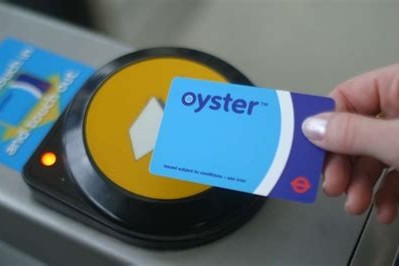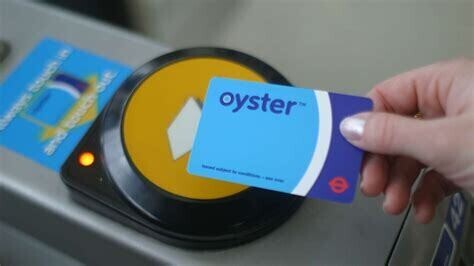
posted 7th March 2022

Defining the motion is both a burden and a privilege for the first speaker for the proposition. A burden, because if you get it wrong it can get you off on the wrong footing for the rest of the debate; a privilege, because if you get it right it puts you ahead right from the start. So it’s worth working on your techniques for motion definition. Here are some training ideas for coaches and debaters.
All motions beginning ‘This house would …’ propose a change. Some adapt how things are; some propose something completely new.
It is the job of the proposition to define the motion. This means explaining how the change in the motion will be brought about.
Take these two motions:
A: This house would make public transport in London free
B: This house would build cycle lanes on all London roads
What is the same about them?
They both want to change how things are.
What is the difference between them?
A is making a change to something that already exists; it is adaptive. We already have buses, Tubes and trains in London; we are proposing changing the way we pay for them.
B is introducing something new; it is innovative. We don’t have cycle lanes on all roads in London yet.
If the motion is adaptive (like ‘This house would make public transport in London free’), the proposition needs to answer these questions:
1. What will you change with what already exists? (Will you dismantle all entrance barriers and let people walk on and off? Or will you still keep a record of who travels where and when? Will you adapt the existing system of photocards which allow London residents aged under 11 and over 60 to travel for free?)
2. How will you make it happen? (How will public transport be funded without fares? Local taxes like council tax? National tax? More advertisements on buses and trains?)
3. How far will you go? (Will anyone be able to travel for free? Or will travel permits be issued only to London residents?)
If the motion is innovative, like ‘This house would introduce cycle lanes on all London roads’, the proposition needs to answer these questions:
1. What new thing will you introduce? (What will the cycle lanes look like? Will bikes be physically separated from cars?)
2. What will the new thing cover? (Will it be all roads? Even dual carriageways / motorways? Small roads? Or main roads only?)
3. How will you make the new thing happen? (Will you close down roads one at a time to build the lanes? Or introduce them to one area of London at a time? Or all at once?)
Now take these motions:
- This house would tax meat
- This house would ban the sale of junk food to children
- This house would make tobacco illegal
- This house would abolish homework
- This house would make the use of racist language against the law
- This house would make lessons in debating compulsory
First decide if the motion is adaptive or innovative, then define the motion, showing how it answers the questions for adaptive / innovative motions above.
Write the questions above in your debating notebook, and use them in competitive debate for whatever motion you are given. This will help you to sharpen up your motion definitions when preparing.





